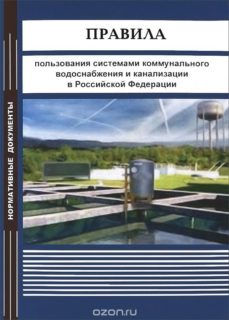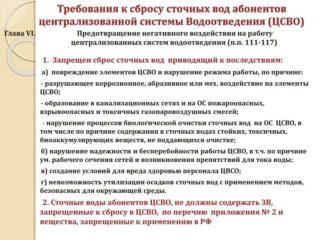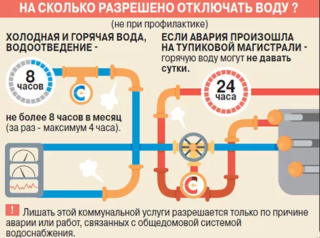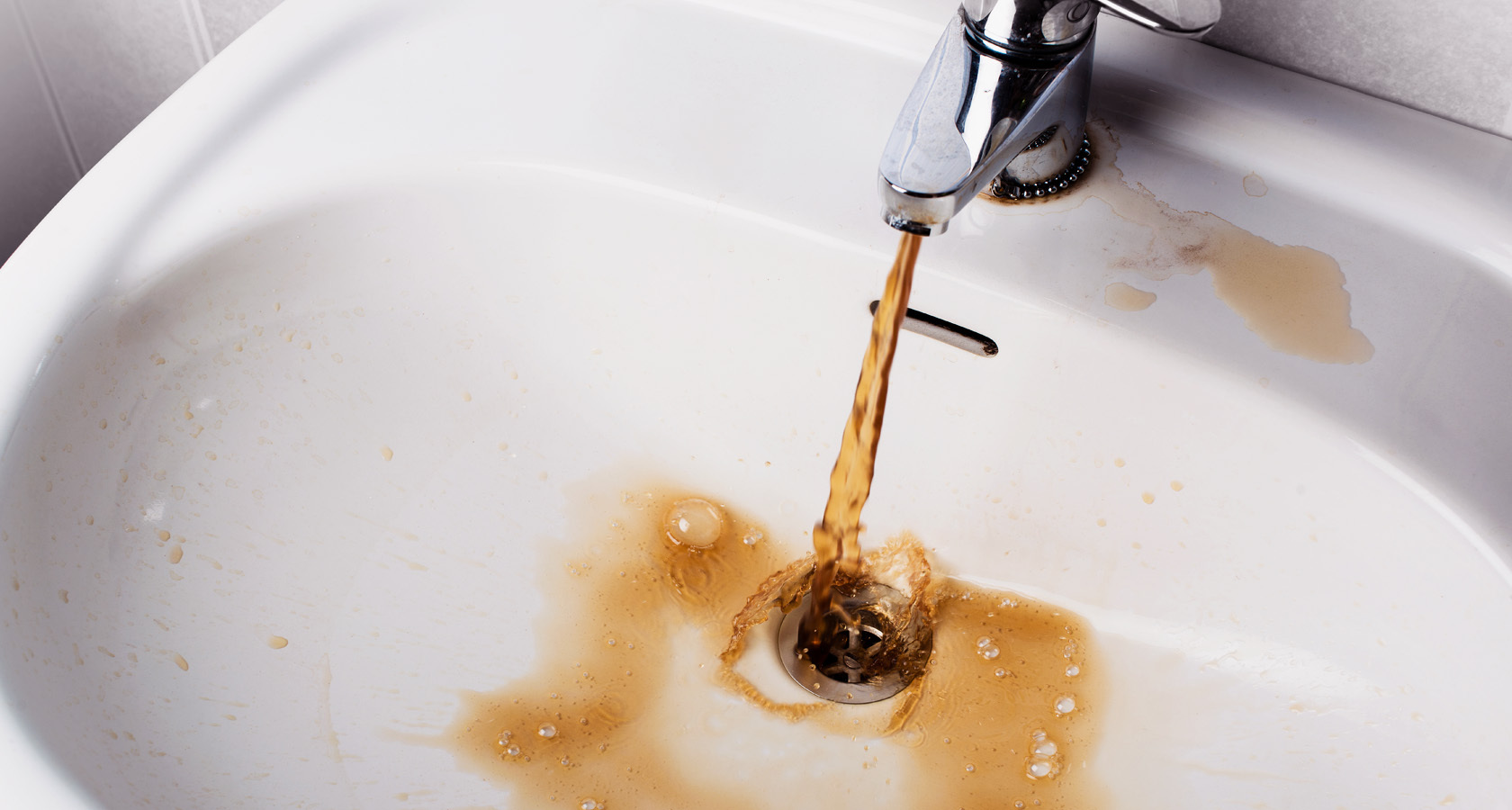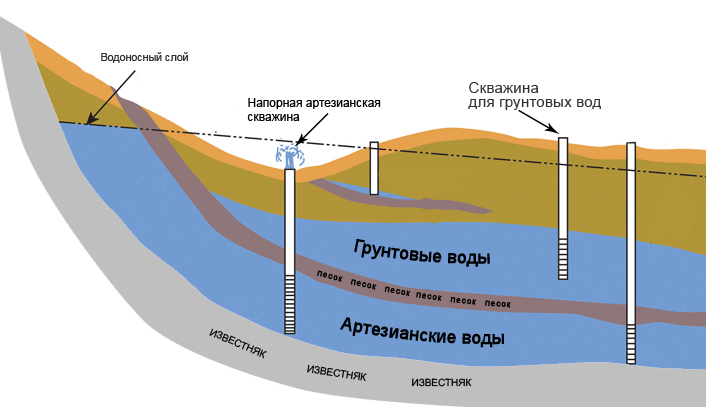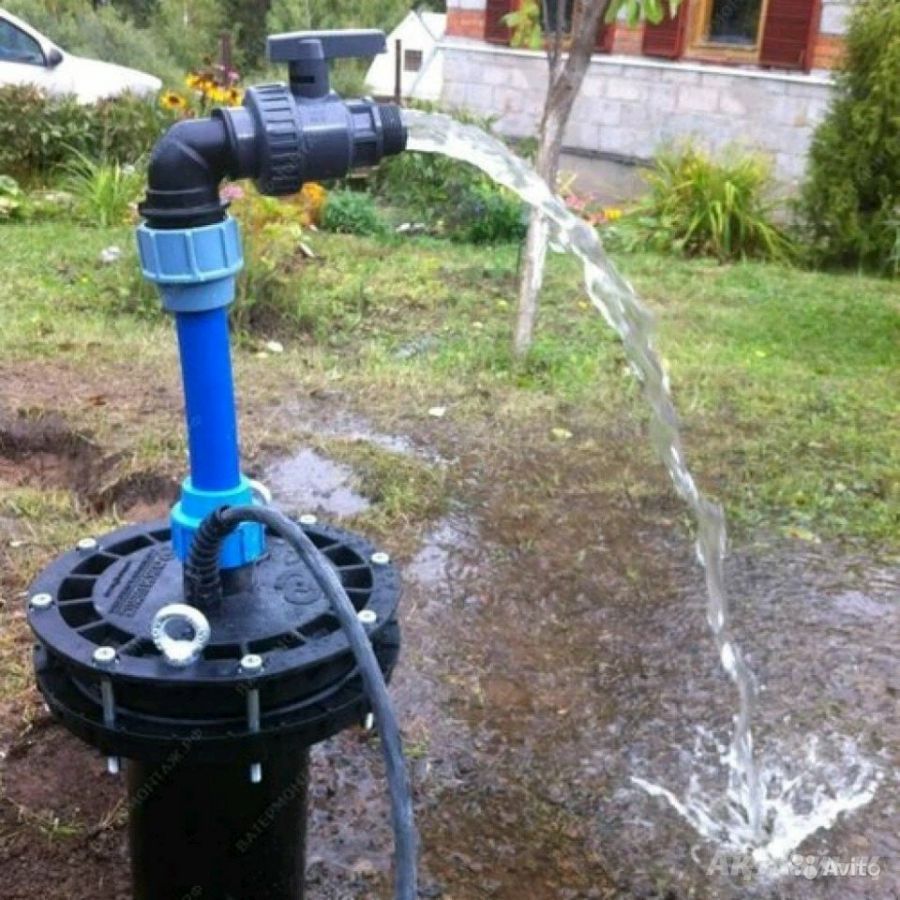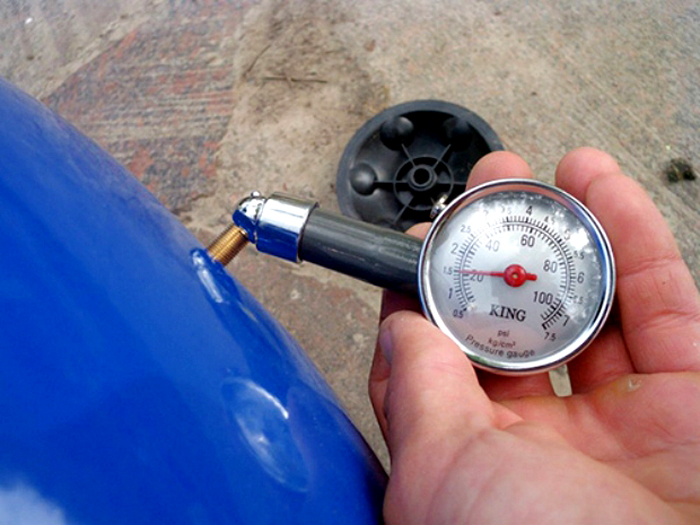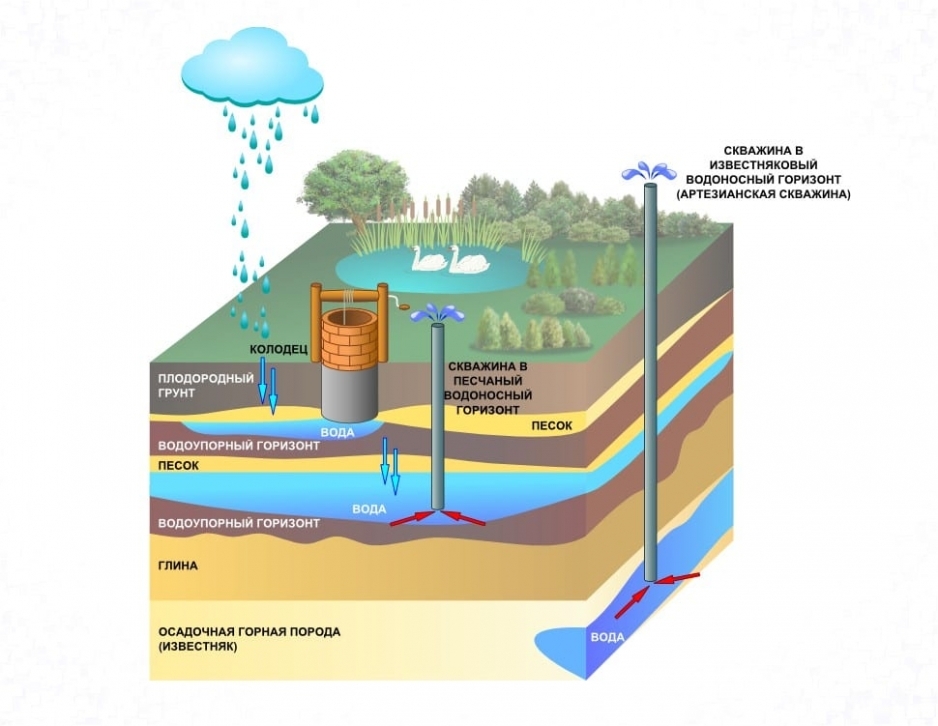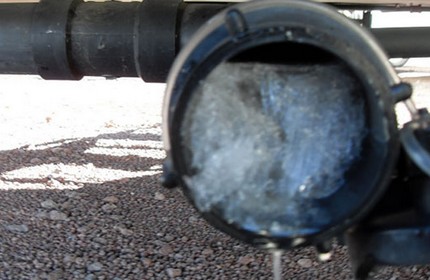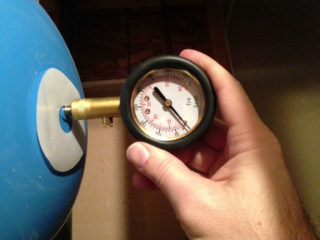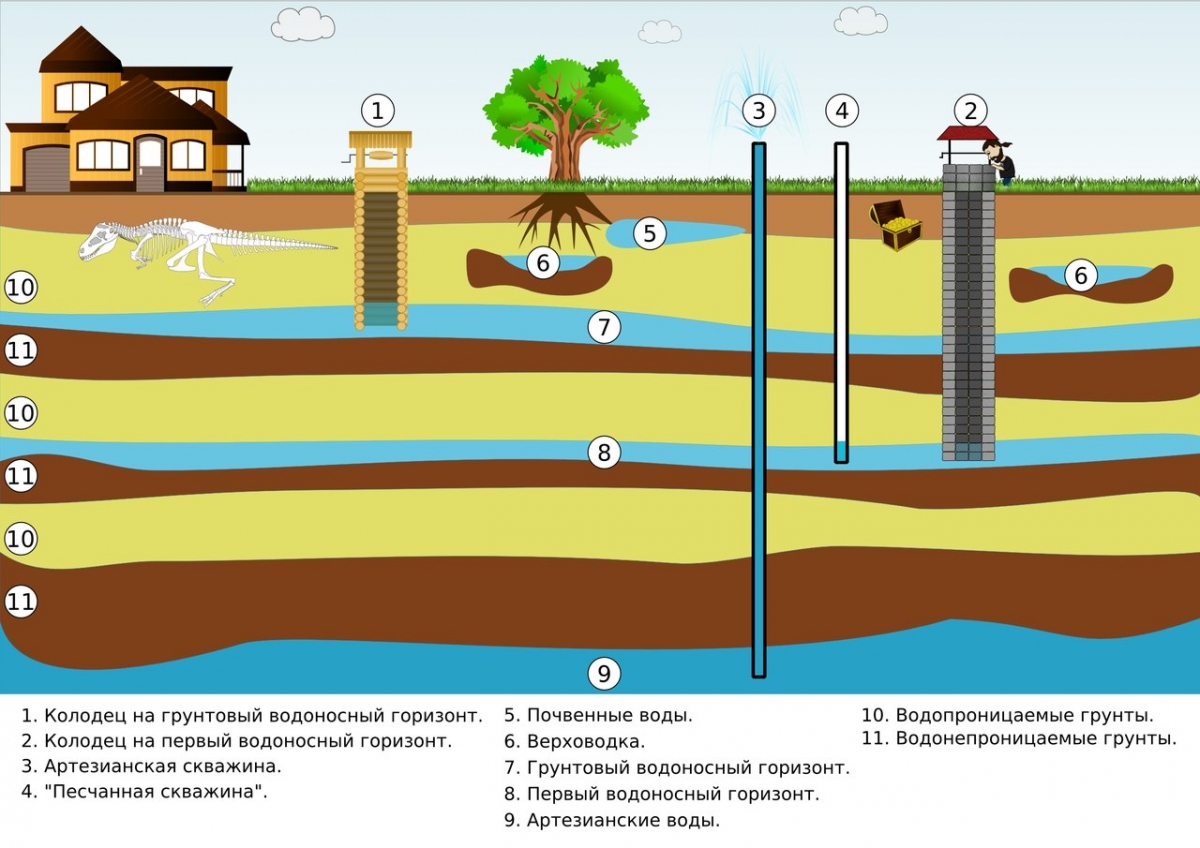The rules for the use of water supply and sewerage systems are regulated by Decree of the Government of the Russian Federation No. 167. It was adopted back in 1999, but amendments to the normative act were made in October 2015. It includes general provisions explaining all the concepts of the document - from the parties agreeing on the operation of communications, to possible problems and accidents. Knowing the nuances of the decree, you can protect yourself from unlawful penalties or, conversely, demand high-quality performance of obligations from service companies.
- Contractual relationship between the organization of the water supply and sewerage system and subscribers
- Connection to public utilities and water metering
- Rationing and control
- Settlements for drinking water and waste disposal
- The procedure for terminating or limiting the supply and intake of water
- Obligations, rights and responsibilities of the parties
Contractual relationship between the organization of the water supply and sewerage system and subscribers
To conclude a contract, the customer needs to collect a package of documents. It includes:
- a statement listing the facilities connected to water supply and sewerage systems;
- data on the volumes of drinking water and effluents;
- documents confirming the applicant's right to use engineering networks and structures, as well as permission to connect;
- schemes of sewer mains and water pipes;
- regime and limits of water supply and waste collection;
- sanitary and hygienic indicators;
- list of measures for accounting and rationalization of water use and reduction of waste liquids.
When drawing up the contract, the tariffs, terms and conditions of payment, the amount of penalties in case of violation of the obligations of the parties are discussed. An act that delimits responsibility for the use of communications is attached to the document. If it is absent, the liability limit is determined on the basis of balance sheet ownership.
If there is no agreement between the parties, the connection of the enterprise to water communications or the provision of services to consumers is considered illegal.
Connection to public utilities and water metering
In addition to the contract with the business organization, for the correct connection to the water supply systems, the subscriber must install metering devices for the consumption and discharge of liquids. They are placed on the site that delimits operational responsibility. At the same time, it must be well lit, serviceable and available for inspection. In this place, transit lines and outlets should not be located.
Representatives of the business organization check all documents for the acceptance of accounting and seal it. They also report the timing of the provision of readings, the time of standard checks and the conditions for unscheduled ones, for example, in case of errors in the meter readings.
If the owner of the device himself discovered a malfunction, he must notify the regulatory authorities within three days after that.
The status of a subscriber allows entrepreneurs to independently control the consumption of drinking water and the volume of effluents of sub-subscribers, that is, users. If the measuring instruments are faulty, by agreement with the economic organization, accounting and payment is carried out based on the average indicators for a six-month period. It takes a month for repairs.
Rationing and control
If the limits are regularly exceeded, they are reviewed and the reasons are looked for. But the utilities rarely go to increase them. The rules for the use of communal water supply and sewerage systems indicate the need for measures for the rational use of water resources.
Most of the control actions are aimed at reducing the risk of ecosystem pollution by faecal discharges. Prohibited:
- clogging of pipelines and wells with foreign objects, destruction of their structural elements;
- the formation of explosive and toxic compounds in the sewage system;
- obstacle to wastewater biological treatment.
Drinking water quality control is carried out through laboratory checks for compliance with standards.
Settlements for drinking water and waste disposal
You need to pay for the use of water supply and sewerage systems regularly according to the indicators of metering devices and tariffs established in the region.
Payment for utilities by sub-subscribers can be sent both to the subscriber according to the concluded agreement, and directly to the economic organization. In the latter case, this must be agreed with the subscriber.
The procedure for terminating or limiting the supply and intake of water
- emergency situation;
- power outages;
- the need for a large amount of water for fire extinguishing.
Restriction of the supply of drinking water with a preliminary notification of users is carried out if its quality has deteriorated, pollution has arisen or planned repairs are being carried out, as well as the connection of new subscribers.
Communications will be disconnected upon detection of unauthorized connection to systems or non-payment for the services provided.
Obligations, rights and responsibilities of the parties
Each party to the contractual relationship has its own rights and obligations. For a business organization:
| Rights | Responsibilities |
| Controlling water consumption and discharge. | Ensuring the functionality of all engineering communications. |
| Taking measures of economic influence in case of violation of contractual obligations. | Taking measures to level leaks and other water losses. |
| Restriction of work and even shutdown of water supply and sewerage networks under certain circumstances. | Timely elimination of emergencies and their prevention. |
| Disconnecting from communications of those who connected without permission. | Informing about the quality of drinking water, tariff changes, consumption limits. |
Conducting laboratory studies of tap water and waste water is not only the right of the organization, but also its duty.
The subscriber is responsible for compliance with its part of the contract: control over the operation of utility systems and keeping them in good working order, timely payment, ensuring the preservation of seals on metering devices.
It is necessary to ensure unimpeded access of representatives of control services to enumerators and inspection areas for sampling. At the same time, he can demand from the economic organization a clear fulfillment of their duties.
Sub-subscribers, that is, ordinary users of utilities, have the same rights - both in relation to the subscriber and to the organization with which he has an agreement.

